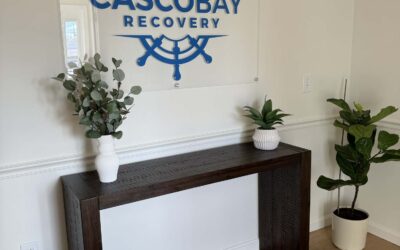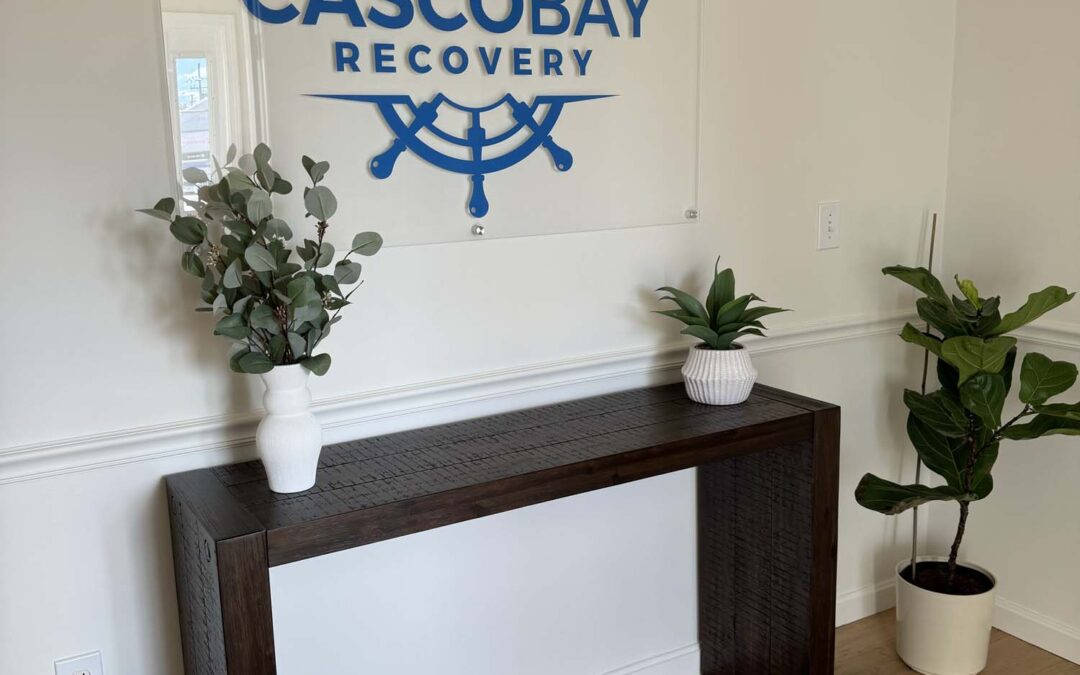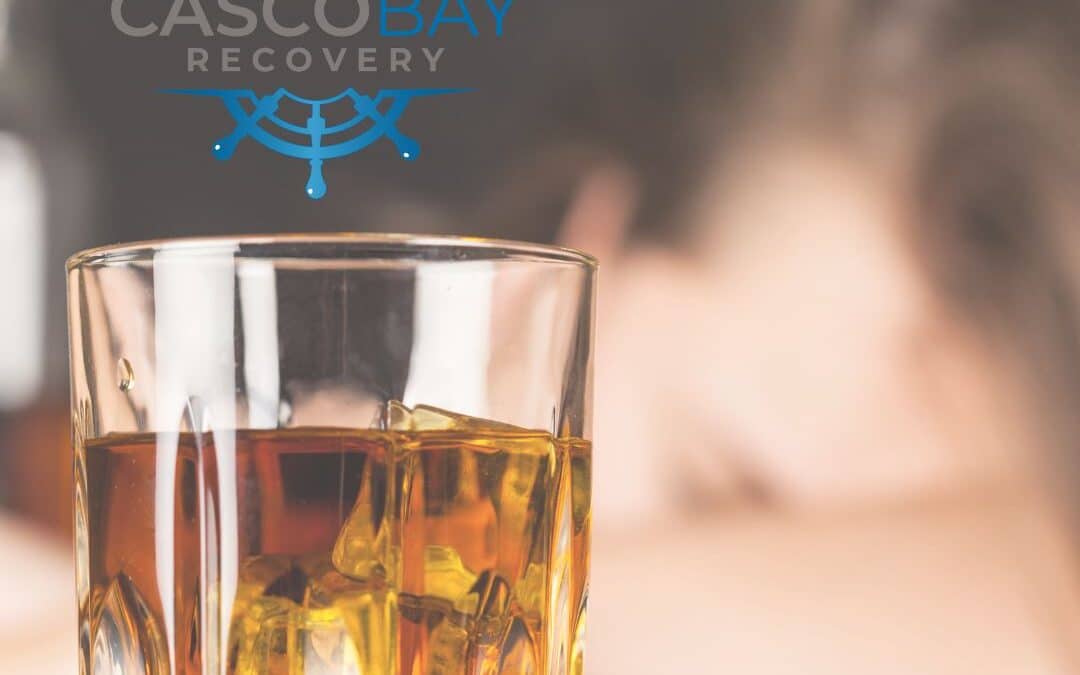Understanding Long-Term Withdrawal Symptoms: A Hurdle on the Road to Recovery
Overcoming addiction is a challenging yet rewarding journey. While detoxification helps eliminate the physical dependence on substances, many individuals struggle with long-term withdrawal symptoms. These symptoms, often referred to as Post-Acute Withdrawal Syndrome (PAWS), can persist for weeks, months, or even years after quitting addictive substances. PAWS can be a significant hurdle on the road to recovery, but understanding it and developing coping mechanisms is crucial for long-term success.
What is Post-Acute Withdrawal Syndrome (PAWS)?
PAWS is a cluster of emotional and psychological symptoms that develop after the initial, more physical withdrawal symptoms subside. It’s important to remember that not everyone who goes through detox will experience PAWS. The severity and duration of PAWS can vary depending on several factors, including:
- The type of substance misused
- The length and severity of addiction
- Individual differences in brain chemistry
While the exact mechanisms of PAWS are still being researched, it’s believed to be caused by the brain’s attempts to readjust to normal functioning after prolonged substance abuse. During addiction, the brain adapts to the presence of the substance by altering its neurochemical pathways. When the substance is abruptly removed, the brain takes time to rebalance itself, leading to PAWS symptoms.
Common Long-Term Withdrawal Symptoms of PAWS
PAWS symptoms can be quite diverse, but some of the most common ones include:
- Mood swings: Rapid shifts between irritability, anxiety, depression, and even euphoria can be a hallmark of PAWS.
- Sleep disturbances: Difficulty falling asleep, staying asleep, or experiencing vivid dreams are common complaints in individuals with PAWS.
- Fatigue and low energy: PAWS can leave you feeling drained and unmotivated, making it difficult to complete daily tasks.
- Difficulty concentrating and remembering things: PAWS can affect your cognitive abilities, leading to “brain fog” and problems with focus and memory.
- Increased cravings: PAWS can make cravings for the addictive substance more intense, which can be a significant trigger for relapse.
- Anxiety and depression: These are common mental health conditions that often co-occur with addiction and can be exacerbated by PAWS.
Coping with Long-Term Withdrawal Symptoms
While PAWS can be challenging, there are effective strategies to manage it and support your recovery journey. Here are some tips:
- Seek professional help: A qualified addiction treatment center like Casco Bay Recovery can provide comprehensive support, including individual and group therapy, to address PAWS symptoms and develop healthy coping mechanisms.
- Join a support group: Connecting with others who understand what you’re going through can be incredibly helpful. Support groups provide a safe space to share experiences, find encouragement, and learn from others’ coping strategies.
- Practice self-care: Taking care of yourself physically and mentally is essential for managing PAWS. This includes getting enough sleep, eating a healthy diet, exercising regularly, and engaging in relaxation techniques like yoga or meditation. provides more details on how to prioritize self-care.
- Be patient with yourself: Recovery is a marathon, not a sprint. There will be good days and bad days. Be patient with yourself and celebrate your progress, no matter how small it may seem.
Building Resilience: Additional Tips for Managing Long-Term Withdrawal Symptoms
In addition to the strategies mentioned above, here are some further tips to build resilience and manage long-term withdrawal symptoms:
- Identify your triggers: What situations or emotions tend to intensify your cravings or PAWS symptoms? Once you identify your triggers, you can develop strategies to avoid them or cope with them in a healthy way.
- Develop healthy coping mechanisms: Find healthy ways to manage stress, anxiety, and cravings. These might include exercise, spending time in nature, listening to calming music, or practicing mindfulness techniques.
- Practice relaxation techniques: Techniques like deep breathing exercises, progressive muscle relaxation, and meditation can help reduce stress and anxiety, which can exacerbate PAWS symptoms.
- Maintain a healthy lifestyle: Eating a balanced diet, getting regular exercise, and getting enough sleep are all essential for overall health and well-being. These healthy habits can also help to improve your mood and energy levels, making it easier to cope with PAWS.
- Be honest with your loved ones: Let your family and friends know what you’re going through. Their support and understanding can be a powerful asset in your recovery.
Building a Support Network
A strong support network is crucial for managing PAWS and preventing relapse. This network can include:
- Therapist: A therapist can provide individual therapy to address the underlying causes of your addiction and develop coping mechanisms for PAWS symptoms.
- Support groups: Support groups provide a safe space to connect with others who understand what you’re going through. Sharing experiences and learning from others can be incredibly helpful.
- Family and friends: Letting your loved ones know about your struggles can be difficult, but their support can be a powerful motivator in your recovery.
The Importance of Professional Help
While some individuals may be able to manage PAWS symptoms on their own, seeking professional help from a qualified addiction treatment center like Casco Bay Recovery is highly recommended. Here are some of the benefits of professional treatment:
- Individualized treatment plan: A treatment center can develop a personalized treatment plan that addresses your specific needs and PAWS symptoms.
- Medications: In some cases, medication may be helpful in managing PAWS symptoms, such as medications for anxiety or depression.
- Detoxification: If you are still struggling with physical dependence on a substance, a supervised detox program can help you safely and comfortably withdraw from the substance.
- Relapse prevention: A treatment center can teach you relapse prevention strategies to help you avoid returning to substance use.
Finding Hope and Healing at Casco Bay Recovery
PAWS can be a discouraging aspect of recovery, but it’s important to remember that it is not permanent. With the right support and treatment, you can overcome these challenges and build a fulfilling life in recovery.
At Casco Bay Recovery, we are committed to providing our clients with the tools and resources they need to achieve lasting recovery. We believe in a holistic approach to treatment that addresses the physical, psychological, and social aspects of addiction.








